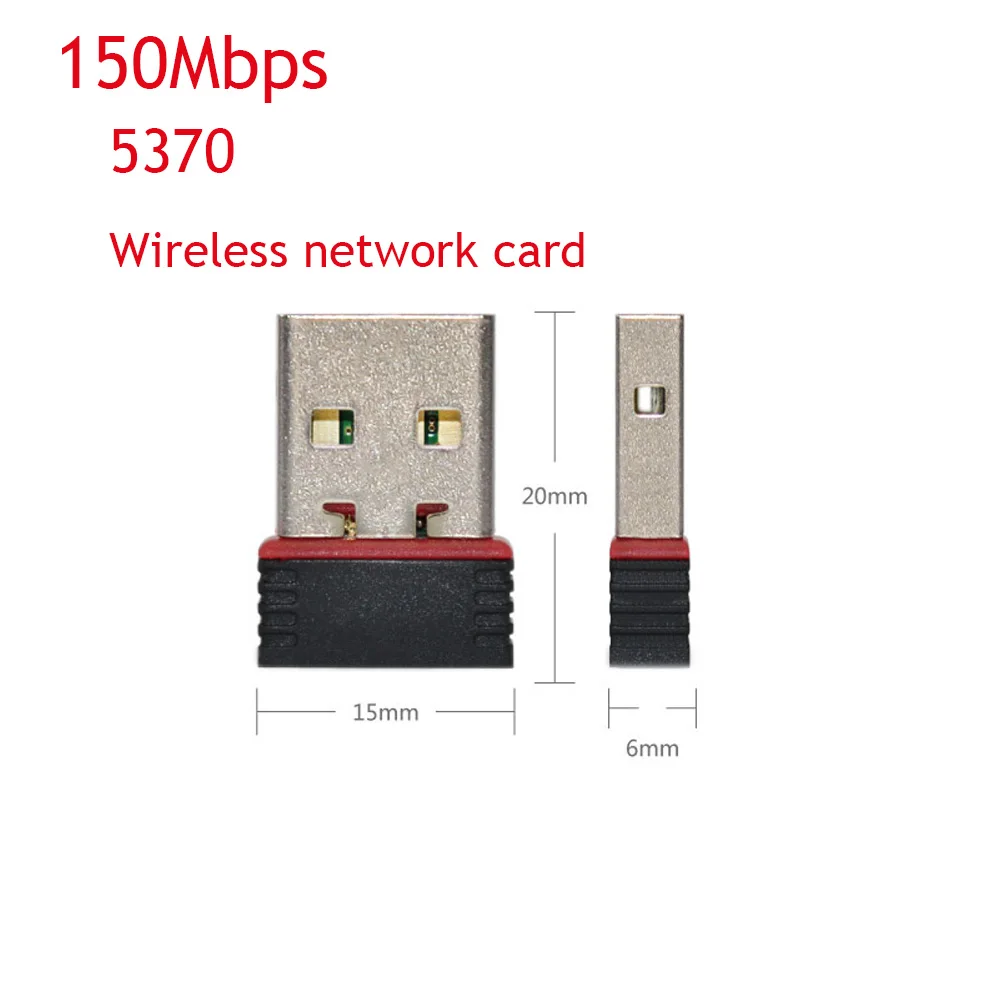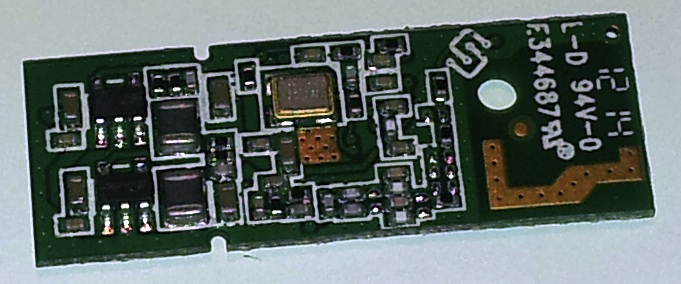
Int (*lock) (struct file *, int, struct file_lock *) Int (*fsync) (struct file *, loff_t, loff_t, int datasync) Int (*release) (struct inode *, struct file *) Int (*flush) (struct file *, fl_owner_t id) Int (*open) (struct inode *, struct file *) Int (*mmap) (struct file *, struct vm_area_struct *) Long (*compat_ioctl) (struct file *, unsigned int, unsigned long) Long (*unlocked_ioctl) (struct file *, unsigned int, unsigned long) _poll_t (*poll) (struct file *, struct poll_table_struct *) Int (*iterate_shared) (struct file *, struct dir_context *) Int (*iterate) (struct file *, struct dir_context *) Int (*iopoll)(struct kiocb *kiocb, bool spin) Ssize_t (*write_iter) (struct kiocb *, struct iov_iter *) Ssize_t (*read_iter) (struct kiocb *, struct iov_iter *) Ssize_t (*write) (struct file *, const char _user *, size_t, loff_t *) Ssize_t (*read) (struct file *, char _user *, size_t, loff_t *) Loff_t (*llseek) (struct file *, loff_t, int) To register a character device, we need to use the register_chrdev function: When a number is allocated dynamically, the function reserves that number to prevent other device files from using the same number. In case a number defined as a constant has already been used, the system will return an error.
RT5370 LINUX DRIVER NAME DRIVER
We can define these numbers in the driver code, or they can be allocated dynamically.

We’ll focus on this type of file in this tutorial. Character files - Non-buffered files that allow you to read and write data character by character.Anything that’s read from a device file originates from the module serving it.

To make the kernel receive anything, you can just write it to a device file to pass it to the module serving this file. They facilitate interactions between the user space and the kernel code. Related services Kernel and Driver Development Registering a character deviceĭevice files are usually stored in the /dev folder. Keep in mind that continuing driver execution after an oops message may lead to instability and kernel panic. In addition, you can analyze logs that precisely describe non-critical errors. After that, the malfunctioning module is unloaded, allowing the kernel and other modules to work as usual. When the kernel encounters such errors (for example, null pointer dereferencing), it displays the oops message - an indicator of insignificant malfunctions during Linux operation. Luckily for us, the Linux kernel is resistant to non-critical errors in module code. But mistakes in the implementation of a kernel module will lead to system-level issues. If a developer makes a mistake when implementing a user-level application, it will not cause problems outside the user application in most cases. This requires a developer to be very attentive.
RT5370 LINUX DRIVER NAME CODE
Module code has to operate in the kernel context. When working with modules, Linux links them to the kernel by loading them to the kernel address space. A module is a specifically designed object file. In this tutorial, we’ll develop a driver in the form of a kernel module.

header files) may include keywords from C++ (for example, delete or new), while in Assembler we may encounter lexemes such as ‘ : : ’.
RT5370 LINUX DRIVER NAME WINDOWS
We cannot use C++, which is used for the Microsoft Windows kernel, because some parts of the Linux kernel source code (e.g. That’s why we can use only these two languages for Linux device driver development. C implements the main part of the kernel, while Assembler implements architecture-dependent parts. The Linux kernel is written in the C and Assembler programming languages. Resources Getting started with the Linux kernel module Getting started with the Linux kernel module


 0 kommentar(er)
0 kommentar(er)
